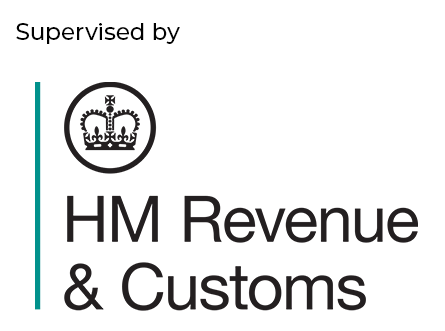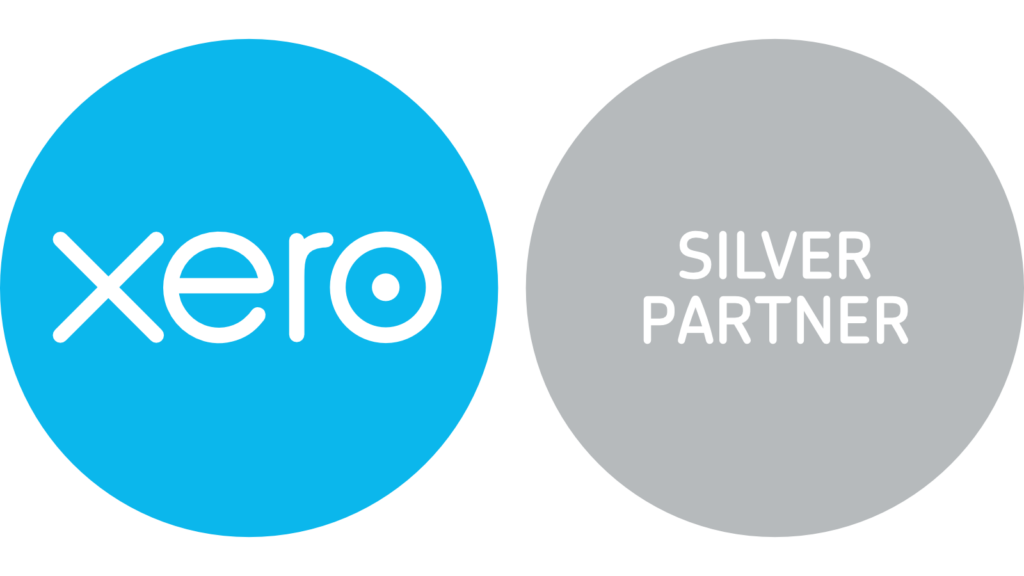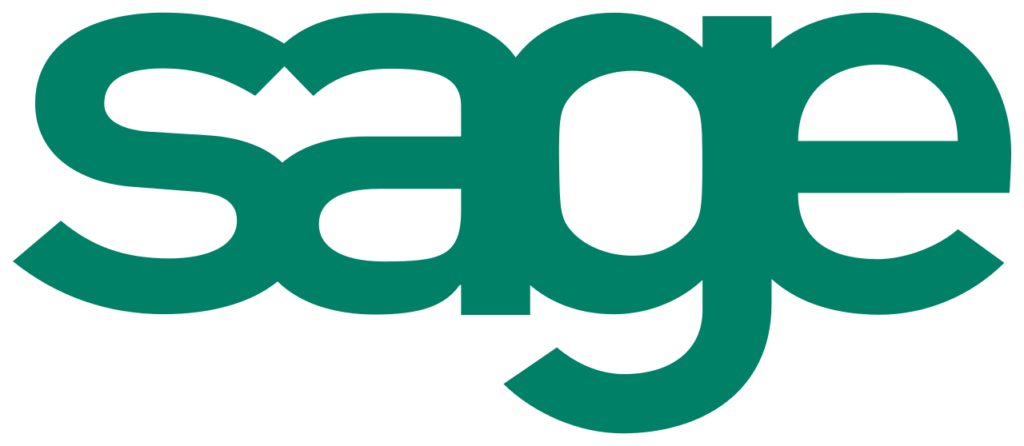If you are self-employed, the 31st January deadline for filing your self-assessment tax return will be etched in your mind on your list of jobs to be done. Possibly a task that fills you with dread as you contemplate that pile of receipts and paperwork that need to be collated into coherent accounts? It is the last thing that you want to be thinking about at the end of a long day of working and will often be left to be dealt with “tomorrow”. Tomorrow could end up being late one evening towards the end of January each year as you rush to meet the deadline with no clear picture of how much you might owe to HMRC by the same date.
But there are real benefits to filing your tax return early and Just Simply Organised are here to help you with this.
Faster Tax Refunds
The sooner you file your return, the sooner HMRC can process and, if you are due a refund, the sooner this will be received. As HMRC are likely to receive less tax returns earlier in the year than those received close to the 31st January deadline, processing time should be quicker and any overpaid tax will arrive in your bank account sooner.
Cash Flow and Budgeting
Having a current picture of your accounts enables all business owners to plan their business expenditure. Just as you will receive your refunds quicker if you avoid HMRC busiest processing time, so you will have a clear picture of how much tax is due and when it has to be paid. It is worth noting that, even if you file your tax return early, the tax due is still payable on the usual date of 31st January. Filing early means that you will have more time to plan for this expense. Moreover, you are less likely to miss a payment deadline and incur late payment penalties.
First Self-Assessment Return?
If this is your first self-assessment return and you owe over £1000 in tax, if you leave filing your first return in January, by 31st January you would have to pay the tax due on that return plus a payment on account towards your next tax bill (with a second on account payment being due by 31st July).
Example:
You are advised that your tax bill for Year 1 is £1500; by 31st January, you will have to pay that bill, £1500 plus £750 towards the tax bill for Year 2. Total payment needed to paid by 31st January £2250.
Having a few months’ notice of this makes cash flow planning easier for you.
Applying for a Loan or Mortgage?
For the self-employed, proof of income comes in the form of completed tax returns and up to date accounts, which then allows you to download form SA302, so the earlier you are able to file your self-assessment return, the more up to date information you will be able to provide to any potential lender. This can save considerable time in the application process. Build a relationship with Just Simply Organised and we will encourage you to provide your paperwork to us regularly, which will mean you always have a current picture of how your business is doing.
Avoiding Errors
Errors in your tax returns can result in HMRC looking into your accounts in more depth. Errors can also mean additional penalties. The earlier you start work on your tax return, the more time there will be to identify and correct any error or mistakes. One of the main benefits of filing your return early is that, if you do spot any omissions or errors, you will have time to correct them before the 31st January deadline.
Working together with an experienced bookkeeper, such as Just Simply Organised, will help you to ensure that your return is accurate and complete. Simply having time to review your return before it is submitted to HMRC gives an opportunity to ensure that all of the information is correct.
Tax-Saving Strategies
Having more time to deal with your self-assessment return, gives you plenty of time to consider any exemptions or reliefs that you may be able to apply. This can be particularly relevant if your financial affairs have changed during the course of the tax year.
Most Importantly
The annual panic for completing your self-assessment return by the deadline on 31st January each year and only then finding out how much you owe, is a stress that you do not need. Most importantly, this is a stress that can be avoided. Plan to file your return early and contact Just Simply Organised to see how we can help you on that path. Email: info@justsimplyorganised.co.uk or call us on 01892 770612.
MTD for ITSA… One final thought!
Making Tax Digital for Income Tax and Self-Assessment (MTD for ITSA) will affect you. This means that, from April 2026, you will be required to submit quarterly updates to HMRC via digital software. At the end of the year, you will also have to send an ‘end of period’ statement (EOPS) and a ‘final declaration’. Now is the time to move towards this by filing your accounts early. Establishing a relationship with a bookkeeper, like Just Simply Organised, and getting into the habit of completing your accounts on a regular basis will mean that you are fully prepared for MTD for ITSA when it arrives.
Initially, MTD for ITSA will affect those who are self-employed business owners with a total income above £50,000 per annum. This will also include landlords with property income.
The second phase will be for those with an income over £30,000 and this will come into effect from April 2027.
Just Simply Organised can help all those who will be affected as we already have the software and expertise required to enable the changes and take away all the stress involved.







